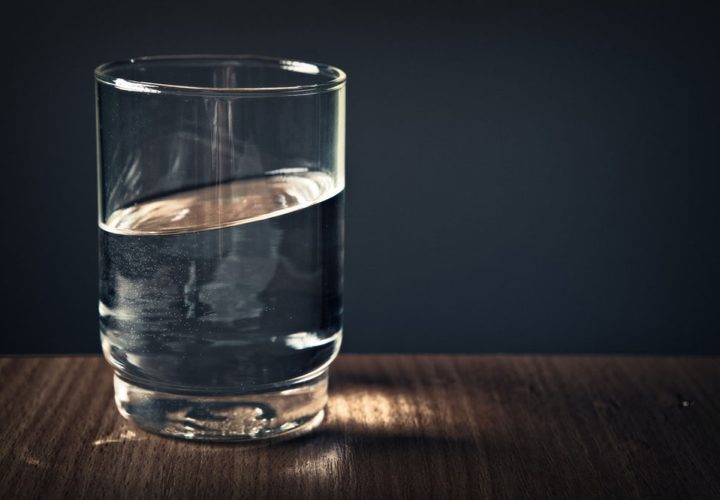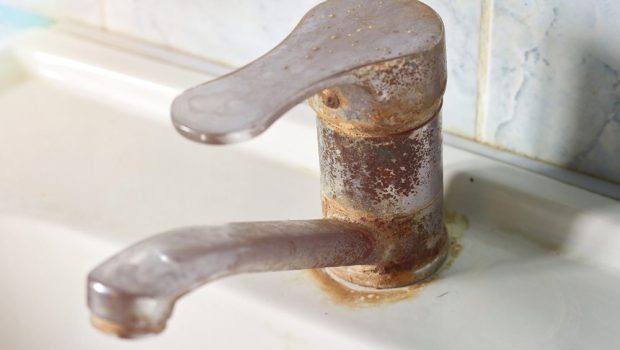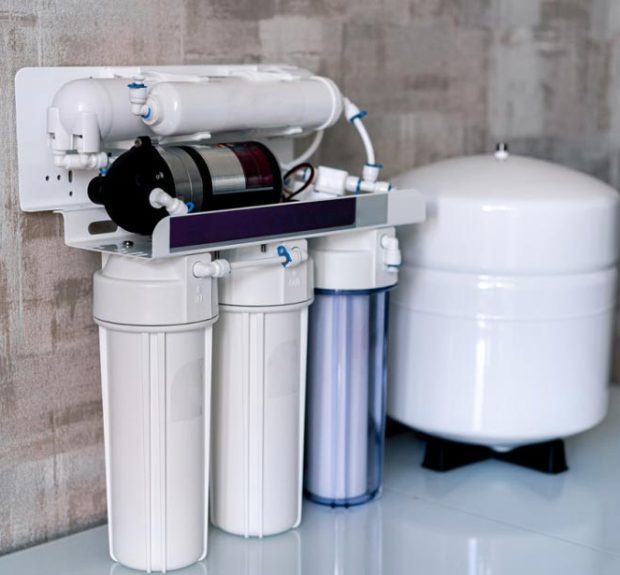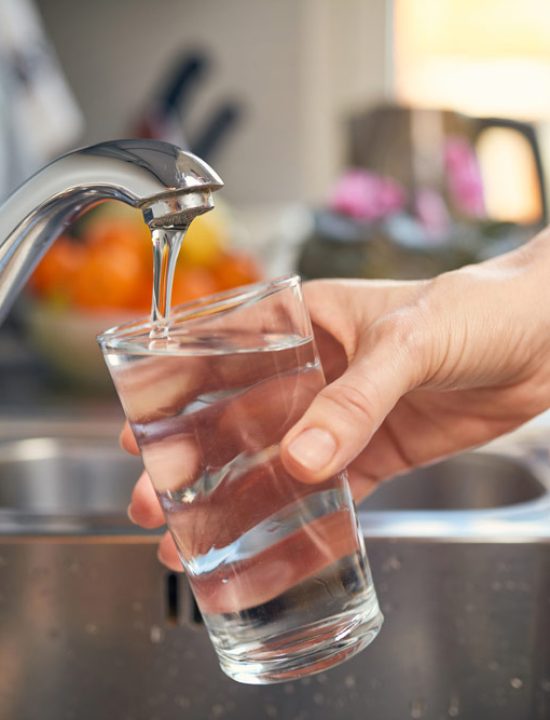Water Softeners - Reverse Osmosis Filtration - Iron Filters
Water Softeners & Water Treatment Services in Grand Rapids, MN
For 50 years, Range Water Conditioning has been installing water treatment systems for residential and commercial purposes. For the entire Grand Rapids area, we provide the best water conditioning, reverse osmosis systems, water softeners, as well as repairs if something goes wrong. Our water treatment systems provide your entire home with soft, clean, and healthy water.















